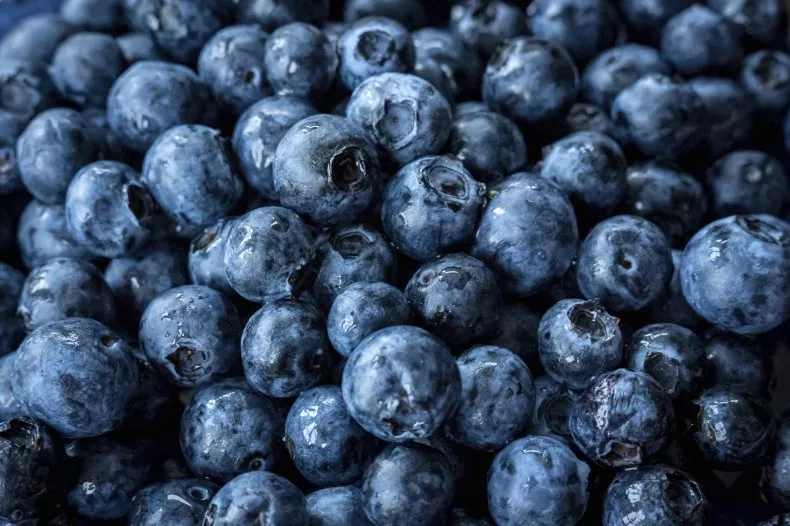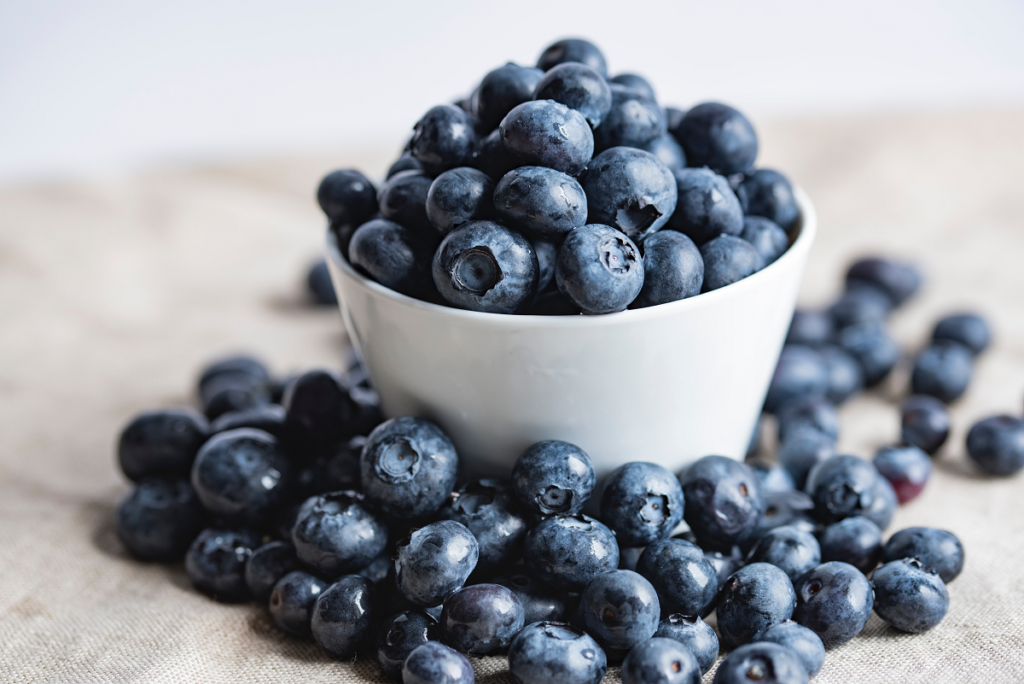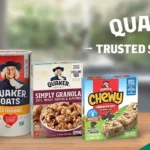Whether you shop at Walmart, Trader Joe’s, or Amazon, it’s important to check your product labels. Learn what to do if you’ve consumed recalled products and how to protect your family’s health. Stay updated with this full breakdown based on FDA alerts and food safety protocols. Be informed and stay safe.
Why FDA Blueberry Recall Update 2025:
In 2025, the FDA blueberry recall has caught the attention of consumers across the U.S. due to growing health concerns. Whether you’re a parent packing healthy snacks or a smoothie lover, blueberries are a kitchen staple. But recent food safety alerts have highlighted potential dangers in several popular blueberry brands both frozen and fresh. That’s why it’s crucial to understand what’s happening, which products are affected, and how to stay safe.
The FDA (U.S. Food and Drug Administration) issued this recall as part of its routine surveillance and public health safety initiatives. This recall was sparked after elevated levels of lead contamination and Salmonella were detected during random testing. Consumers are urged to stop using these products immediately and check their pantries and freezers. If you or your family consumed any of the affected blueberries, you’ll want to monitor for symptoms and know your next steps. Let’s break it all down in simple terms.
Symptoms include vomiting, diarrhea, fatigue, irritability, or fever especially in children and the elderly.
What Triggered the FDA Blueberry Recall in 2025:
The 2025 blueberry recall was initiated after the FDA and USDA’s Food Safety and Inspection Service (FSIS) found unusually high levels of lead and bacterial contamination in multiple shipments of blueberries. Routine surveillance testing by the FDA’s Total Diet Study flagged inconsistencies that prompted deeper investigation.
In particular, some frozen blueberries imported from international suppliers were found to contain lead levels above the FDA’s interim reference levels, which can be especially dangerous for children and pregnant women. At the same time, select fresh blueberry shipments distributed in several states were contaminated with Salmonella, a bacteria that causes severe gastrointestinal illness. This dual-threat recall has raised significant alarm.

Which Blueberry Brands Are Affected:
The FDA recall includes multiple popular blueberry brands. As of July 2025, the following brands are confirmed to be part of the recall. These products were sold nationwide in stores such as Walmart, Costco, Trader Joe’s, Whole Foods, and online via Amazon. The recall covers both conventional and organic frozen blueberries, with expiration dates ranging from June 2024 to February 2026. Always check the UPC codes, batch numbers, and best-by dates on your packaging.
- Nature’s Touch (Frozen Wild Blueberries)
- Great Value (Frozen Organic Blueberries)
- Trader Joe’s Wild Blueberries
- Simply Nature (Aldi)
- Private label brands from major retailers
Health Risks from Contaminated Blueberries:
Lead exposure in children can lead to developmental delays, learning difficulties, irritability, and behavioral problems. In adults, it can cause high blood pressure, kidney issues, and reproductive problems. Pregnant women are especially at risk, as lead can harm fetal development.
Salmonella infection causes symptoms like nausea, vomiting, abdominal cramps, diarrhea, and fever. It can be life-threatening for people with weakened immune systems, infants, and the elderly. Symptoms can appear 6 hours to 6 days after ingestion and may last 4–7 days.
If you’ve consumed recalled blueberries and experience any unusual symptoms, consult a healthcare provider immediately. You can also report symptoms to the FDA’s MedWatch program.
How to Identify and Dispose of Recalled Blueberries:
The best way to stay safe is to inspect the packaging of any frozen or fresh blueberries you’ve recently purchased. You can also check the FDA’s official recall database for updated information.
- The UPC code (found near the barcode)
- The lot number or batch ID
- The expiration or “best by” date
If your product matches any of the recalled batches, do not eat it. Return it to the store where you bought it for a full refund, or dispose of it in a way that ensures no one else consumes it. Retailers have been instructed to remove all affected items from their shelves.
What Should You Do If You Already Ate the Blueberries:
Don’t panic but do pay close attention to your health. If you or someone in your household consumed the recalled blueberries. The FDA encourages consumers to report any adverse reactions directly through their MedWatch system.
- Watch for gastrointestinal symptoms such as vomiting, diarrhea, and fever.
- Children should be monitored for signs of lead exposure like irritability or fatigue.
- Contact your doctor for blood testing if lead exposure is suspected.
- Store the packaging for future reference, especially if symptoms occur.
Safe Alternatives and Tips to Avoid Recalled Produce:
While the FDA and USDA work to ensure safety, here’s how you can choose safer alternatives. Frozen fruit is still safe when sourced responsibly so this doesn’t mean you have to stop eating blueberries altogether.
- Buy from local farms or USDA-certified organic sources with transparent supply chains.
- Rinse all berries thoroughly before consumption, even frozen varieties.
- Avoid bulk packages without clear labeling.
- Keep an eye on FDA recall updates via their email alerts or official site.
FAQ
Most frequent questions and answers
Brands like Nature’s Touch, Great Value, Trader Joe’s, and Simply Nature were recalled for lead and Salmonella risks.
Symptoms include vomiting, diarrhea, fatigue, irritability, or fever especially in children and the elderly.
Yes. Return affected packages to the original store for a full refund. Most retailers are complying with the FDA’s recall instructions.
Conclusion:
With risks of lead contamination and Salmonella exposure, it’s vital to check your blueberry products and follow recall instructions closely. In conclusion, the FDA Blueberry Recall Update 2025 serves as an important reminder to stay vigilant about food safety. Always prioritize your family’s health by staying informed through trusted sources like the FDA. By taking quick action and choosing safe alternatives, you can continue enjoying blueberries without worry. Stay updated, stay safe, and share this crucial information with others.








